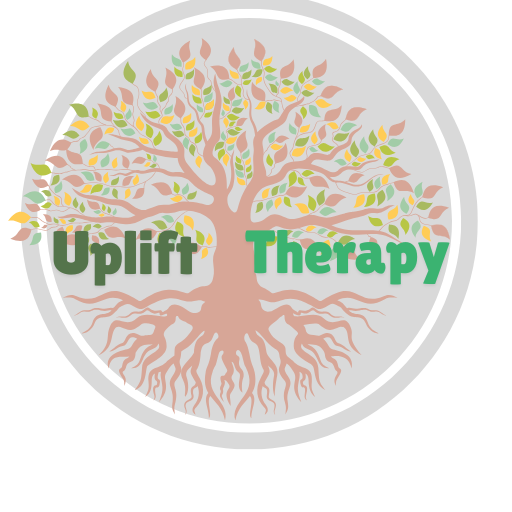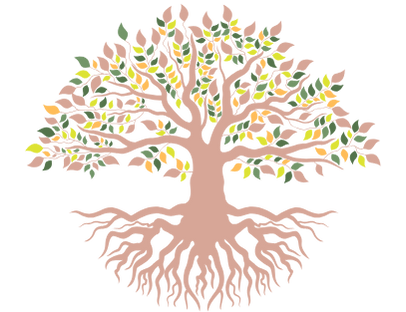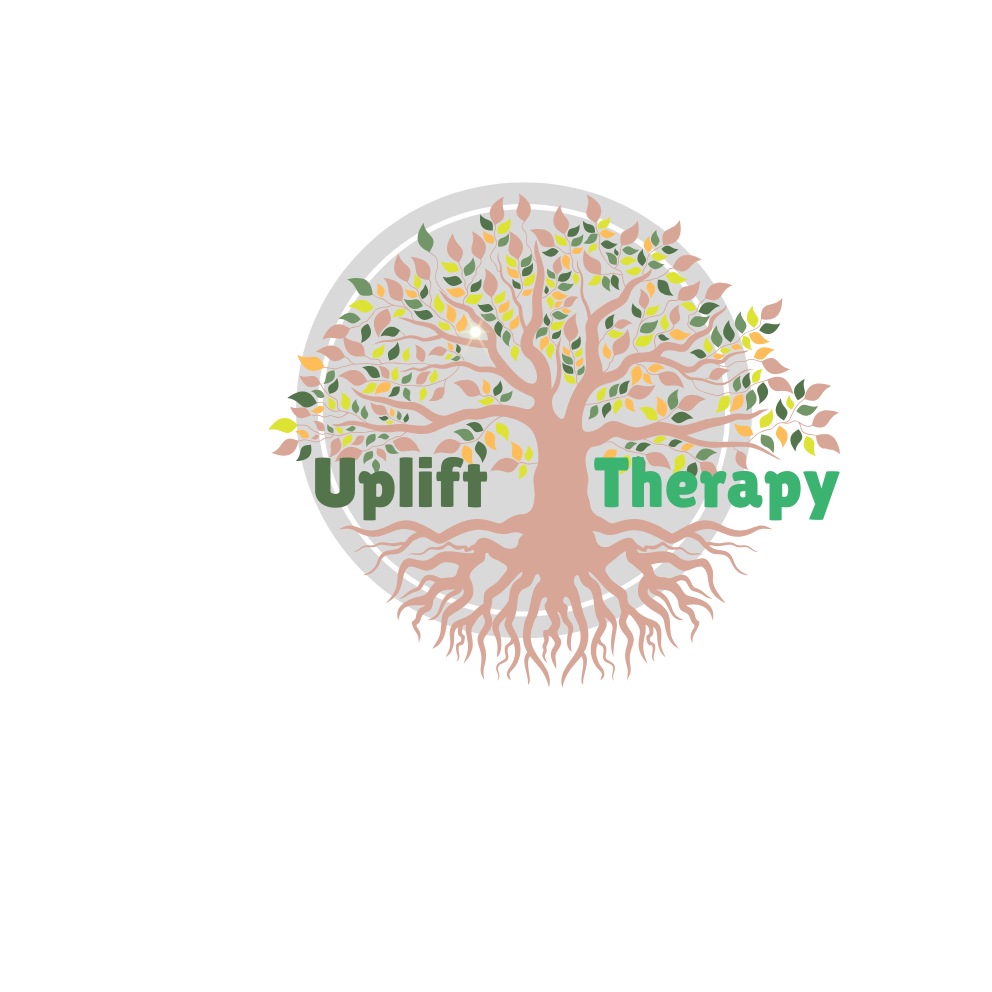
In person
In-person counseling is a traditional form of therapy where a client and therapist meet face-to-face in a designated therapeutic setting, such as a clinic or office.
This type of therapy allows for a more personal connection, as both verbal and non-verbal cues like body language, facial expressions, and tone of voice are easily communicated. The presence of a physical space dedicated to therapy can also foster a sense of safety and confidentiality for the client. In-person counseling offers the therapist the opportunity to observe the client’s behavior and emotions more closely, which can help in assessing and guiding the treatment process.
Sessions are typically structured, private, and consistent, which can help create a therapeutic routine and a sense of accountability.
Many people find that being physically present in a room with a trained professional creates a more immersive experience, making it easier to open up and discuss sensitive topics. This approach also supports techniques like cognitive behavioral therapy (CBT), psychodynamic therapy, or humanistic approaches, where the relational dynamic between the therapist and client is crucial. For individuals who value direct interaction and the therapeutic atmosphere of an in-person environment, this method can be particularly effective in fostering personal growth and healing.
Online
Online counselling, also known as e-therapy or teletherapy, is a form of mental health support delivered through digital platforms like video calls, chat, or email. It allows clients to connect with licensed therapists remotely, offering greater accessibility, especially for those who may face barriers such as distance, physical limitations, or busy schedules. This mode of therapy mirrors traditional face-to-face sessions, using secure platforms to ensure confidentiality and privacy.
The flexibility of online counselling enables clients to seek help from the comfort of their homes, making it more convenient for individuals living in rural areas or those with transportation issues. Online therapy sessions are typically conducted in real-time via video conferencing, which promotes a sense of connection and engagement similar to in-person meetings. For individuals uncomfortable with video or who prefer written communication, chat and email options are available.
Despite the benefits, online counselling may not be suitable for everyone, particularly those in crisis situations or requiring intensive in-person support. However, it has grown in popularity due to its convenience, accessibility, and ability to bridge the gap between clients and mental health professionals worldwide, making therapy more inclusive and adaptable to modern needs.
Coaching
Coaching in therapy is a collaborative process that combines elements of both traditional therapy and life coaching to help individuals achieve specific personal or professional goals. Unlike traditional therapy, which often focuses on resolving past issues or managing mental health conditions, coaching is future-oriented and emphasizes personal growth, performance improvement, and reaching one’s full potential.
In a therapeutic coaching relationship, the coach or therapist works with the client to identify goals, clarify values, and create actionable steps toward desired outcomes. Techniques may include setting measurable objectives, exploring obstacles, and developing strategies to overcome them. Coaching in therapy often incorporates cognitive-behavioral techniques, mindfulness practices, and positive psychology to enhance self-awareness, motivation, and resilience.
While therapy traditionally addresses emotional healing and psychological well-being, coaching focuses more on empowering the client to move forward in areas such as career, relationships, and personal development. It’s a strengths-based approach that encourages accountability and personal responsibility, fostering change through insight and action.
Therapeutic coaching is suitable for individuals who are mentally healthy but seeking to improve or optimize their lives. It bridges the gap between mental health care and personal development, offering a supportive, goal-focused environment for growth and self-improvement.
Relationship therapy
Relationship therapy, also known as couples therapy or marriage counseling, is a form of psychotherapy designed to help couples improve their relationships. This therapeutic approach addresses issues such as communication breakdowns, emotional distance, recurring conflicts, and unmet needs within the relationship. Therapists create a safe, neutral environment for partners to express their feelings, share perspectives, and resolve conflicts in a constructive manner.
The therapist uses various techniques to promote understanding and empathy between partners, helping them recognize unhealthy patterns and explore the underlying causes of their struggles. Common approaches include cognitive-behavioral therapy (CBT), emotionally focused therapy (EFT), and the Gottman Method, which emphasizes communication and conflict resolution skills.
Relationship therapy isn’t just for couples in crisis; it can also be a proactive step to strengthen bonds, deepen intimacy, or navigate life transitions. The goal is to foster emotional closeness, rebuild trust, and enhance mutual respect, ultimately creating a healthier, more fulfilling relationship. The process often involves individual and joint sessions to identify personal and relational growth areas, helping partners better understand themselves and each other. With commitment, therapy can help relationships heal, evolve, and thrive.




